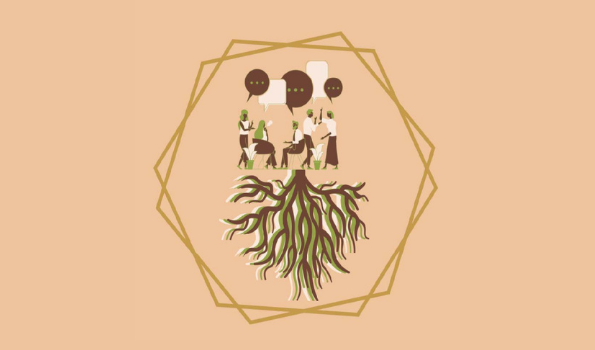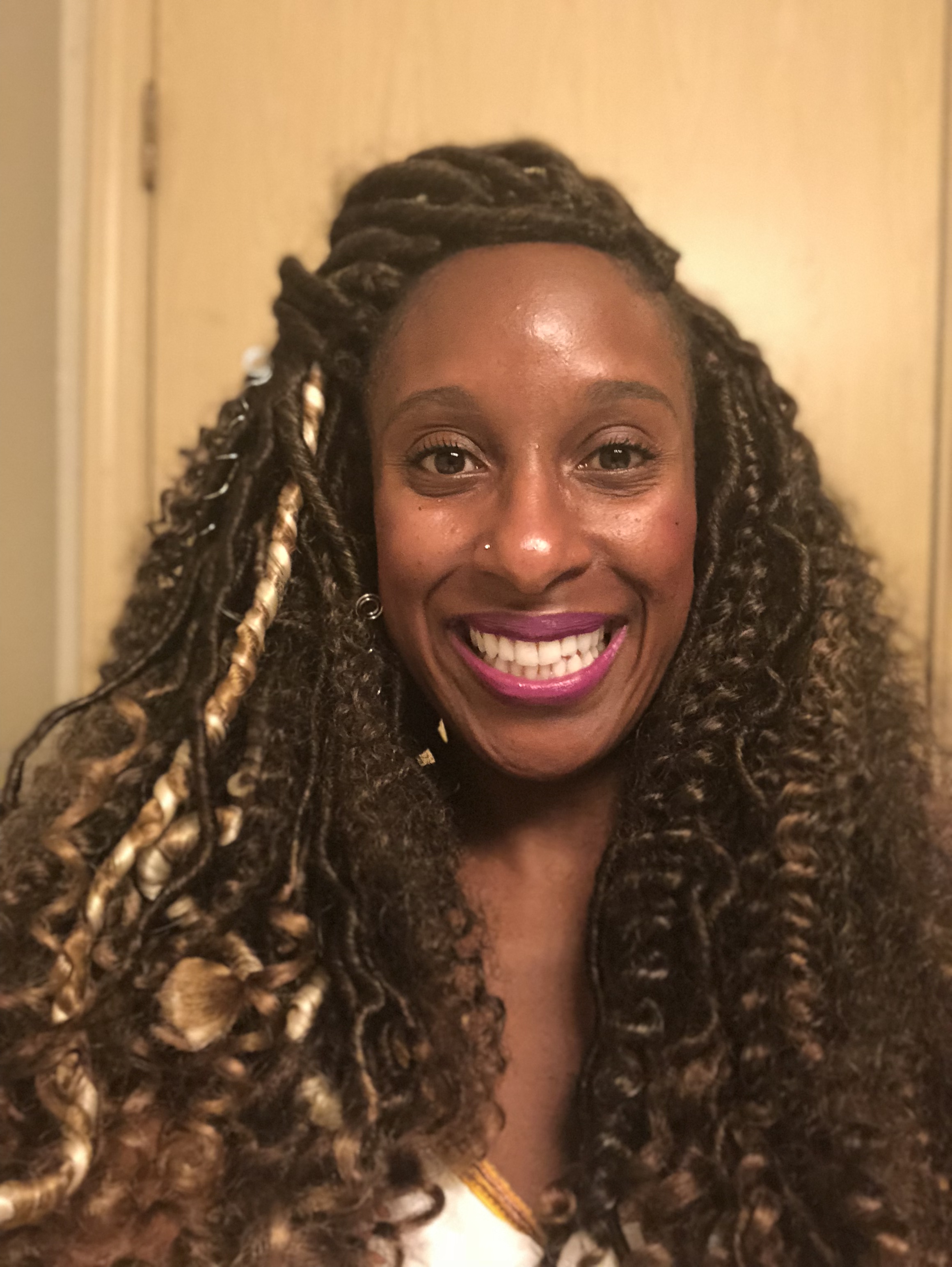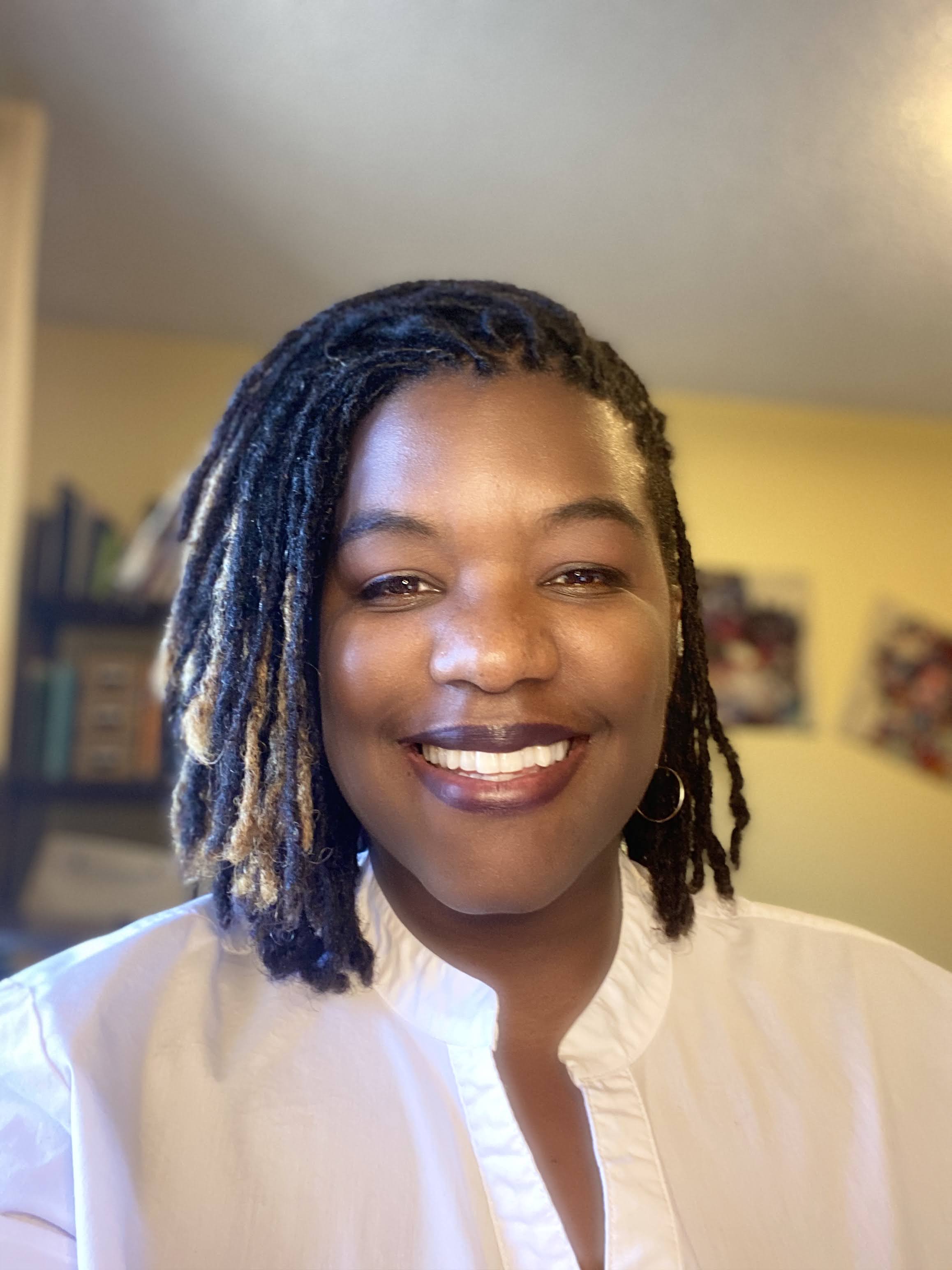Home > Anchored In Our Roots: A Wellness Series for BIPOC School Mental Health Providers
We have centered the needs, voices, and lived experiences of BIPOC School Mental Health providers through these conversations and materials. We welcome non-BIPOC providers to lean in, listen, and learn how to support our BIPOC colleagues.

Anchored In Our Roots is a wellness series for school mental health professionals developed with and for our BIPOC School Mental Health (BIPOC SMH) Providers. This series is designed to provide resources to navigate the intersectionalities of their work, and strategies for anchoring their wellbeing, around their cultural and ancestral roots. The desired outcome is to build a virtual community where BIPOC SMH providers can access collective support and engagement around wellness topics that collectively impact their work and identities.
The series has 3 components:
|
Presentation Materials:
November 16, 2021 Webinar: Anchored in Our Roots: Decolonizing Self-Care - A 90-minute guided tour of the inspiration, conversation, and materials presented by authors, Dr. Sabine Thomas and Katrice Thabet-Chapin
Recording & Presentation Materials Available Here!
Anchored in Our Roots Conversations with Katrice Thabet-Chapin and Dr. Sabine Thomas
Interactive Companion Workbooks: A BIPOC School Mental Health Provider's Guide to Decolonizing Self-Care
About the Workbooks: These workbooks are designed to acknowledge some of the unique conditions that BIPOC school-based mental health providers weave through, as well as, affirm the importance of BIPOC school-based mental health providers, and their allies, in providing students with culturally relevant and inclusive holistic mental health care. Each workbook includes audio segments and reflection activities.
Workbook #1 supplemental material and reflection activities for Conversation Part 1
The interactive workbook for this session can be found HERE.
Workbook #2 supplemental material and reflection activities for Conversation Part 2
The interactive workbook for this session can be found HERE.
Audio Segments from Workbook #1:
Segment 1 Workbook #1
Segment 2 Workbook #1
Segment 3 Workbook #1
Segment 4 Workbook #1
Audio Segments from Workbook #2:
Segment 1 Workbook #2
Segment 2 Workbook #2
Segment 3 Workbook #2
Segment 4 Workbook #2
 Katrice Thabet-Chapin, M.Ed., Ed.S., NCSP; is a multi-racial educator who has served in the non-profit sector for over 27 years. She comes from four generations of educators who dedicated their life to educational social justice. Katrice has a strong theoretical background in child development and psychology; B.A. in Child Development, M.Ed. in Elementary Education, and Ed.S. in School Psychology. She works diligently to ensure that everyone who wishes to have a seat at the table has one, feels safe there, and can voice their opinions without retribution. As a practicing school psychologist, she has a special interest in researching and applying best practices in consultation, intervention, and assessment implementation when supporting students and families who are culturally and linguistically diverse. Katrice is an active member of Washington State Association of School Psychologists, the National Association of School Psychologist, and is a member of OSPI’s School-Based Behavioral Health and Suicide Prevention Subcommittee. When Katrice is away from the office she enjoys spending family time with her partner and four daughters.
Katrice Thabet-Chapin, M.Ed., Ed.S., NCSP; is a multi-racial educator who has served in the non-profit sector for over 27 years. She comes from four generations of educators who dedicated their life to educational social justice. Katrice has a strong theoretical background in child development and psychology; B.A. in Child Development, M.Ed. in Elementary Education, and Ed.S. in School Psychology. She works diligently to ensure that everyone who wishes to have a seat at the table has one, feels safe there, and can voice their opinions without retribution. As a practicing school psychologist, she has a special interest in researching and applying best practices in consultation, intervention, and assessment implementation when supporting students and families who are culturally and linguistically diverse. Katrice is an active member of Washington State Association of School Psychologists, the National Association of School Psychologist, and is a member of OSPI’s School-Based Behavioral Health and Suicide Prevention Subcommittee. When Katrice is away from the office she enjoys spending family time with her partner and four daughters.

Sabine Thomas, ND; is a Naturopathic Doctor (ND) and an educator. She has extensive background in nonprofit management, wellness, infant/early childhood mental health and user experience (UX) research. She graduated from Mount Holyoke College with a B.A. in Sociomedical Sciences and a Doctorate from Bastyr University in Naturopathic Medicine. She is an early childhood digital ethnographer and a self-care doctor. She is the co-owner of JSol Studios, a virtual wellness educational practice and lives in Tacoma, WA with her family.
Note: The resources and information presented are for educational purposes, and general awareness regarding the experiences of BIPOC mental health professionals within the educational community. As you process this information you may experience a need to explore more deeply how these concepts have impacted you in your personal and professional life. We encourage you to connect with and seek out additional support from a trusted health provider, confidant therapist, trusted community liaison, advocate, elder and/or spiritual guide. Please contact us at [email protected] for any questions.
Want more information and school mental health resources? Visit the Northwest MHTTC's School Mental Health page and sign up for our newsletter for regular updates about events, trainings, and resources available to the Northwest region.